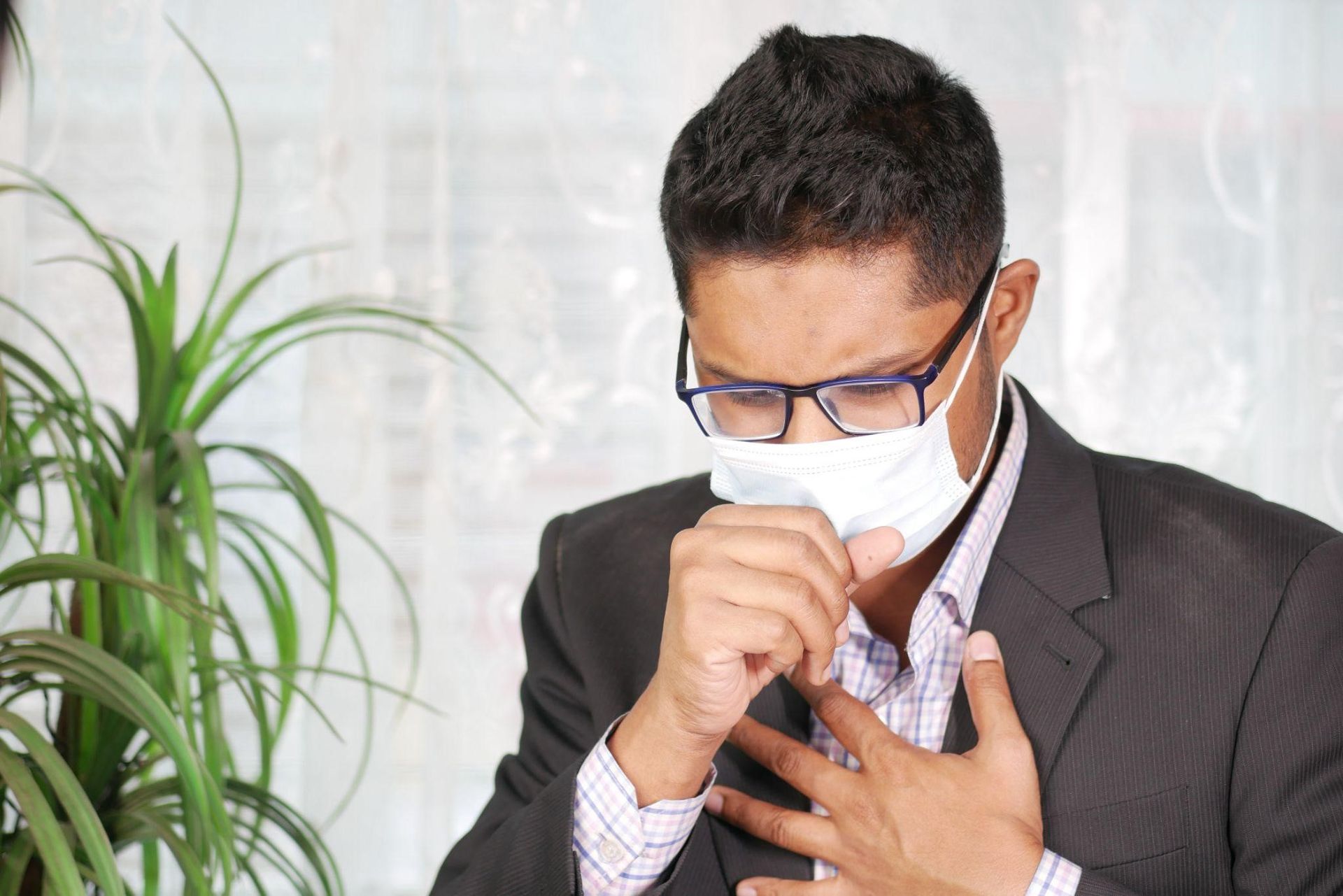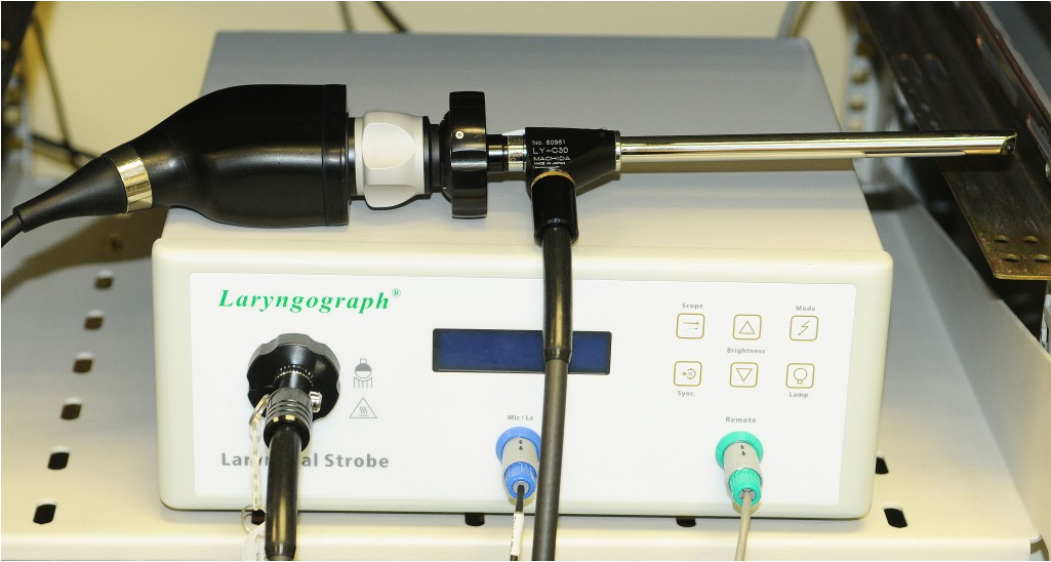Is Vocal Cord Dysplasia a Cancer?
Vocal Cord Dysplasia is a condition that affects the vocal cords caused by abnormal cell growth. It can cause various voice problems, such as a weak or breathy voice. By understanding the differences, individuals can gain a sense of reassurance and make informed decisions about their health.
Understanding Vocal Cord Dysplasia
Vocal cord dysplasia refers to an abnormal growth of cells that affects the vocal cords' structure and function. It is classified as a benign condition, although higher-grade dysplasias can evolve into cancers and require regular follow-up. Vocal Cord Dysplasia can manifest in various degrees of severity, ranging from mild to severe. Unlike cancer, it does not invade or spread to other parts of the body. With appropriate diagnosis and management, individuals with vocal cord dysplasia can achieve significant improvement in their voice quality and overall well-being.
Causes and Symptoms of Vocal Cord Dysplasia
The exact cause of vocal cord dysplasia is unknown, but certain risk factors have been identified. Chronic irritation or trauma to the vocal cords, such as smoking, excessive alcohol consumption, or prolonged exposure to environmental toxins, may play a role. Additionally, individuals with gastroesophageal reflux disease (GERD) or those who frequently strain their vocal cords, such as professional singers, are at a higher risk.
Symptoms of vocal cord dysplasia may include hoarseness, vocal fatigue, breathiness, and difficulty in projecting the voice. Diagnosis is usually made through a laryngoscopy, where a small camera is inserted into the throat to examine the vocal cords. In some cases, a biopsy may be necessary to confirm the diagnosis and assess the severity of the dysplasia.
It's important to note that vocal cord dysplasia is not cancerous, but if left untreated, it can progress and cause permanent damage to the vocal cords. Early detection and treatment are key in managing this condition.
Treatment Options for Vocal Cord Dysplasia
Treatment options for vocal cord dysplasia typically depend on the severity of the condition. Mild cases may not require any intervention, and symptoms may resolve spontaneously. For moderate to severe cases, treatment options may include voice therapy or surgical intervention. Voice therapy aims to teach individuals techniques to improve vocal cord function.
Surgical interventions may be recommended based on the severity of the condition. These interventions aim to remove or correct the abnormal cells in the vocal cords. Some common surgical treatments for vocal cord dysplasia include:
- Microsurgery: In this procedure, a surgeon uses a microscope and specialized instruments to remove the abnormal cells from the vocal cords. This technique allows for precision and minimal damage to healthy tissue.
- Laser Surgery: Laser surgery involves using a laser beam to vaporize or remove the abnormal cells in the vocal cords. This approach is often employed for smaller dysplastic lesions and can be performed under general or local anesthesia.
Exploring the Link between Vocal Cord Dysplasia and Cancer
Vocal cord dysplasia is a condition that affects the cells of the vocal cords, causing abnormalities and changes in their structure. While vocal cord dysplasia is not cancer itself, it is considered a precancerous condition. This means that the abnormal cells have the potential to develop into cancer if left untreated. It is important to monitor and manage vocal cord dysplasia closely to prevent the progression to cancer. Regular follow-up appointments with a laryngologist, a healthcare professional specializing in vocal disorders, are recommended to monitor any changes and determine the most appropriate treatment plan.
Preventive Measures for Vocal Cord Dysplasia
Taking preventive measures can help reduce the risk of developing vocal cord dysplasia. Here are some steps individuals can take:
Lifestyle Changes to Reduce the Risk of Vocal Cord Dysplasia
- Avoid smoking and exposure to secondhand smoke, as smoking is a major risk factor for vocal cord dysplasia and other throat-related conditions.
- Limit alcohol consumption, as excessive alcohol intake can increase the risk of developing vocal cord dysplasia.
- Practice good vocal hygiene, such as staying hydrated, avoiding excessive vocal strain, and using proper vocal techniques when speaking or singing.
- Maintain a healthy and balanced diet, as a nutritious diet can support overall vocal health.
Regular Check-ups and Early Detection of Vocal Cord Dysplasia
- It is important to schedule regular check-ups with a healthcare professional, especially if you have a history of smoking or have noticed any changes in your voice.
- Early detection of vocal cord dysplasia is crucial for successful treatment and management.
- Regular professional examination of the vocal cords, such as laryngoscopy, can help identify any abnormalities and ensure early intervention if needed.
By making these lifestyle changes and prioritizing regular check-ups, individuals can take proactive steps to reduce the risk of vocal cord dysplasia and maintain optimal vocal health.
If you experience any persistent voice changes or other concerning symptoms, consult with a medical professional. Dr. Elizabeth Burckardt can provide a thorough evaluation and guide you towards the most suitable course of action. She is a fellowship-trained laryngologists specializing in professional voice surgery and care of the vocal cords and larynx. Call 502-894-8441 to schedule an appointment.










